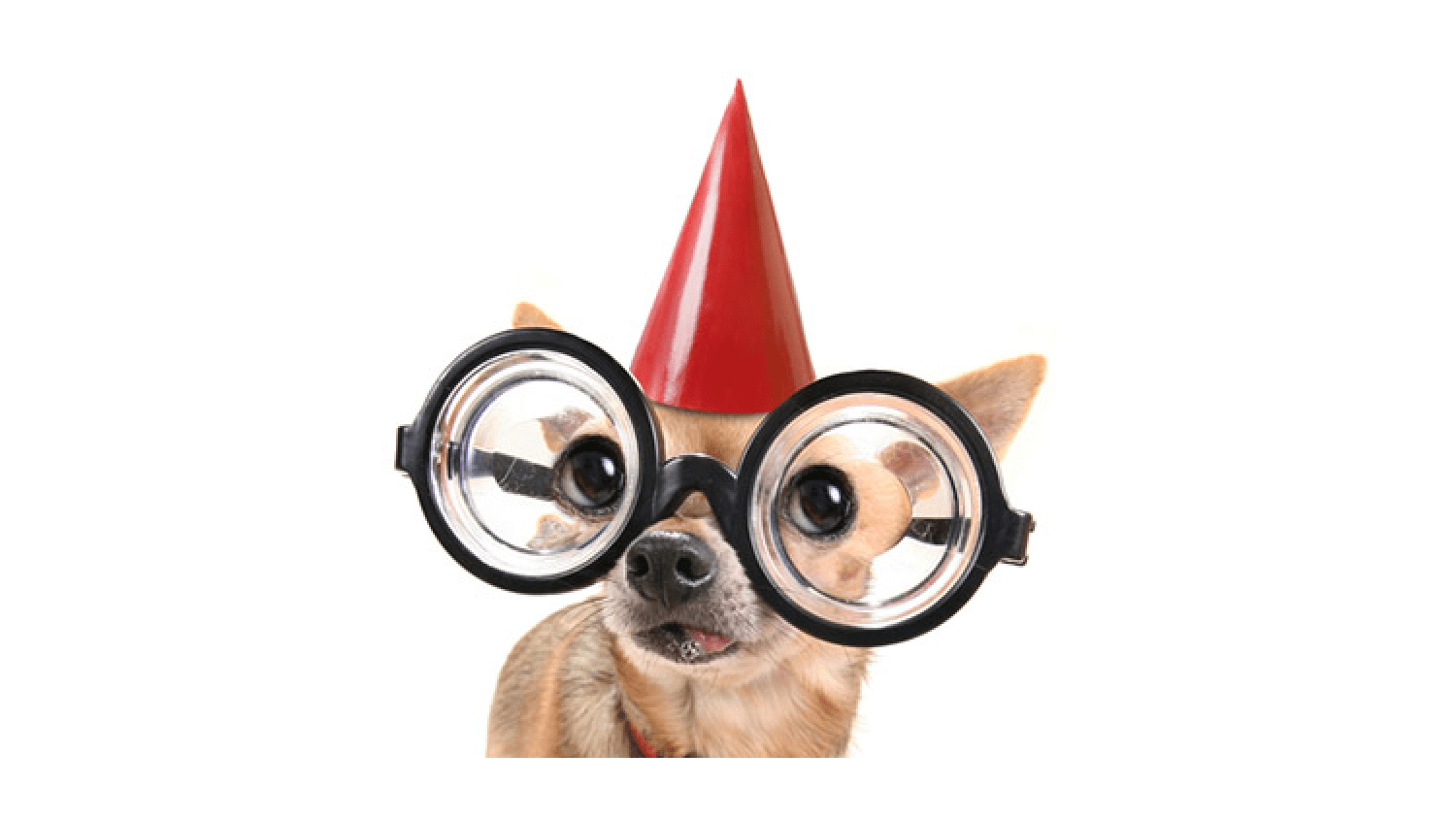The Ups and Downs of Using Humor in Marketing
If you’re anything like us, you could sit for hours watching funny TV commercials or talking about your favorite fun taglines. Everyone loves to laugh, so naturally there are lots of advantages to using humor in marketing. For example, humor creates connections between people, makes things more memorable and establishes rapport. But for all the good things humor brings with it, it can also create confusion, offend and polarize. So, how do you know if using humor is the right choice for your marketing?
Let’s take a look!
When to consider using humor
Many businesses have a limited budget to deal with, so they tend to lean toward a “safe” and professional approach that simply delivers what’s expected of them and nothing more. The trouble is that customers are bombarded with messages from every imaginable direction, and it’s difficult for businesses to stand out amidst all the noise. Marketing dollars spent on a safe approach might produce less than memorable results since you essentially just blend in with the crowd.
Using humor is a great way to stand out, but it does present some risk. Humor varies between people of different age, race, culture and educational background so it can be really hard to pull off. Something that might be riotously funny to one segment of your market might seriously offend or confuse another. So, if your market is comprised of many different groups of people, humor is probably not the smartest way to go. There are way too many variables and it’s hard enough to get someone to read, understand and act on your message. Introducing the potential for confusion is probably not a good idea. This doesn’t mean that something bland is best. It just means that humor is very tricky here.
On the other hand, if your target market is narrower, it may be easier to pull off a good joke since it becomes “insider” humor. If most of the people in your target market are likely to understand and appreciate the humor, then it can have some great benefits.
The power of a good joke
Humor can accomplish several things that a serious approach can’t. One of the most exciting things it can do is establish a rapport between you and your audience. People love to laugh, so a good clean joke can easily disarm a person and establish trust and likeability.
Laughter triggers memorability. When we laugh, endorphins in our brains are released that help encode memory, making it easier for an audience to remember your product and your message.
A good joke is based on shared experience. When we laugh at a joke it’s because there’s a shared experience and understanding of a particular situation. By identifying the problem we’re all having and making it funny, we can align ourselves with our customers. This reinforces our relationship and creates loyalty and trust.
So, the next time Kmart tells you that you can “ship your pants” or Geico’s camel celebrates hump day, think about the discussions that must have taken place and all the strategy that went into using humor in those marketing campaigns. It’s a big risk, but if done exactly right, the rewards are huge!

 An agency-eye view of Marketing, Advertising, Branding, Design & Media.
An agency-eye view of Marketing, Advertising, Branding, Design & Media.